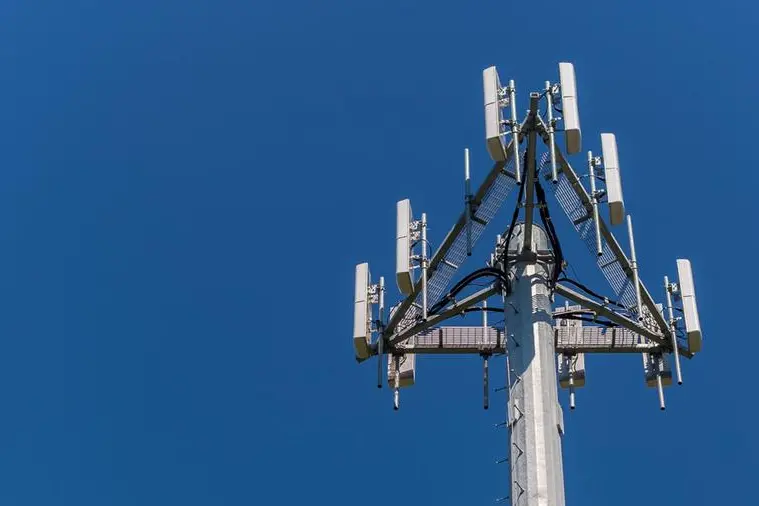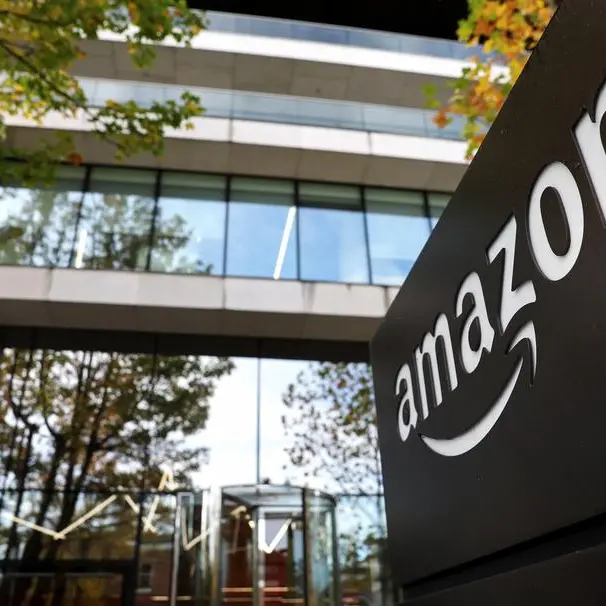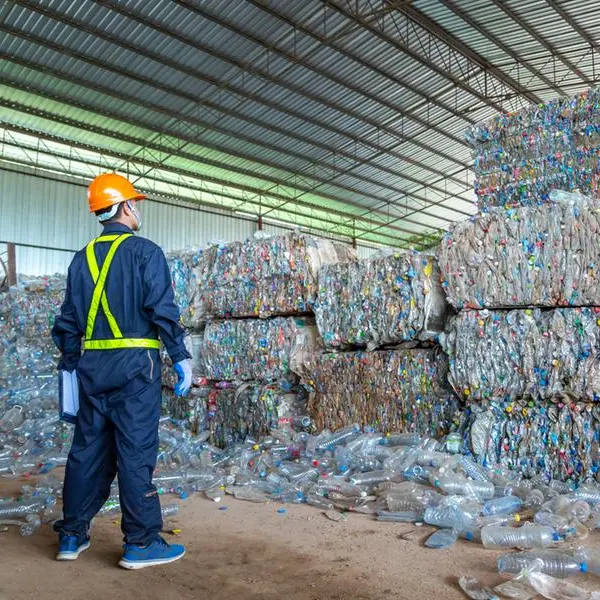PHOTO
MUSCAT: The Sultanate of Oman is moving to regulate international telecom cables either transiting its territorial waters or landing on its shores in a bid to enhance the country’s appeal as a global hub for Data Centres and International Connection Services.
Over the past year, Oman has seen a proliferation of data centres being established at key locations around the country. Many of these processing hubs take advantage of the international submarine and terrestrial cables connecting Oman with data networks globally. Presently, there are around 21 subsea telecom cables with landing points along the country’s shores, with more such cable links in the works.
Now, in a bid to regulate this rapidly growing sector, the Telecommunications Regulatory Authority (TRA) has initiated a public consultation on a draft regulatory framework aimed ultimately at laying the groundwork for the robust growth of this key market.
Highlighting the importance of the telecom cables sector, the Authority explained: “International submarine and terrestrial cables are critical communications infrastructure for countries around the world and are vital to their national economies. These cables form the backbone of the internet and are essential to the provision of telecommunication services across the commercial, governmental and consumer sectors.
The continued development of these sectors, through the attraction of additional capacity and diversity to Oman, is essential to further develop the Sultanate of Oman’s position as a global hub and key location for the siting of Data Centers and International Interconnection Services.”
Draft regulations formulated by the TRA envision a set of guidelines for undertaking, among other activities, surveying, installation, operation, and maintenance and repair of international telecom cables. It also outlines Oman’s stance on regulating submarine telecom cables crossing in territorial waters, the exclusive economic zone, or the Strait of Hormuz.
Importantly, the Authority is set to have a central role in issuing final approvals related to surveying, installation, operation, maintenance and repair work for international telecom cables on Omani territory or waters. In effect, the issuance of the requisite approvals and permits for undertaking any international cable-related activities will now be centralized, it said.
Furthermore, the new regulatory framework will afford a higher degree of protection for subsea cables transiting Omani waters from potential harm. Due to their size and location on the seabed, these cables are exposed to damage from activities such as the anchoring of ships, some types of fishing, dumping of materials, dredging and mineral exploration, according to the TRA.
By regulating the market, the Authority aims to safeguard this vital component of telecom infrastructure that currently links Oman to global communications networks, providing international connectivity while also supporting Internet and telephony services.
International telecom cables with cable landing stations are currently operated by Omantel and Ooredoo, although four other telecom companies – TEO, Connect Arabia International, Awasr and Vodafone – have international gateway licenses that allow them to operate in the cable space as well. Telecom companies and other stakeholders have until November 15, to share their feedback on the draft regulatory framework.
2022 © All right reserved for Oman Establishment for Press, Publication and Advertising (OEPPA) Provided by SyndiGate Media Inc. (Syndigate.info).





















